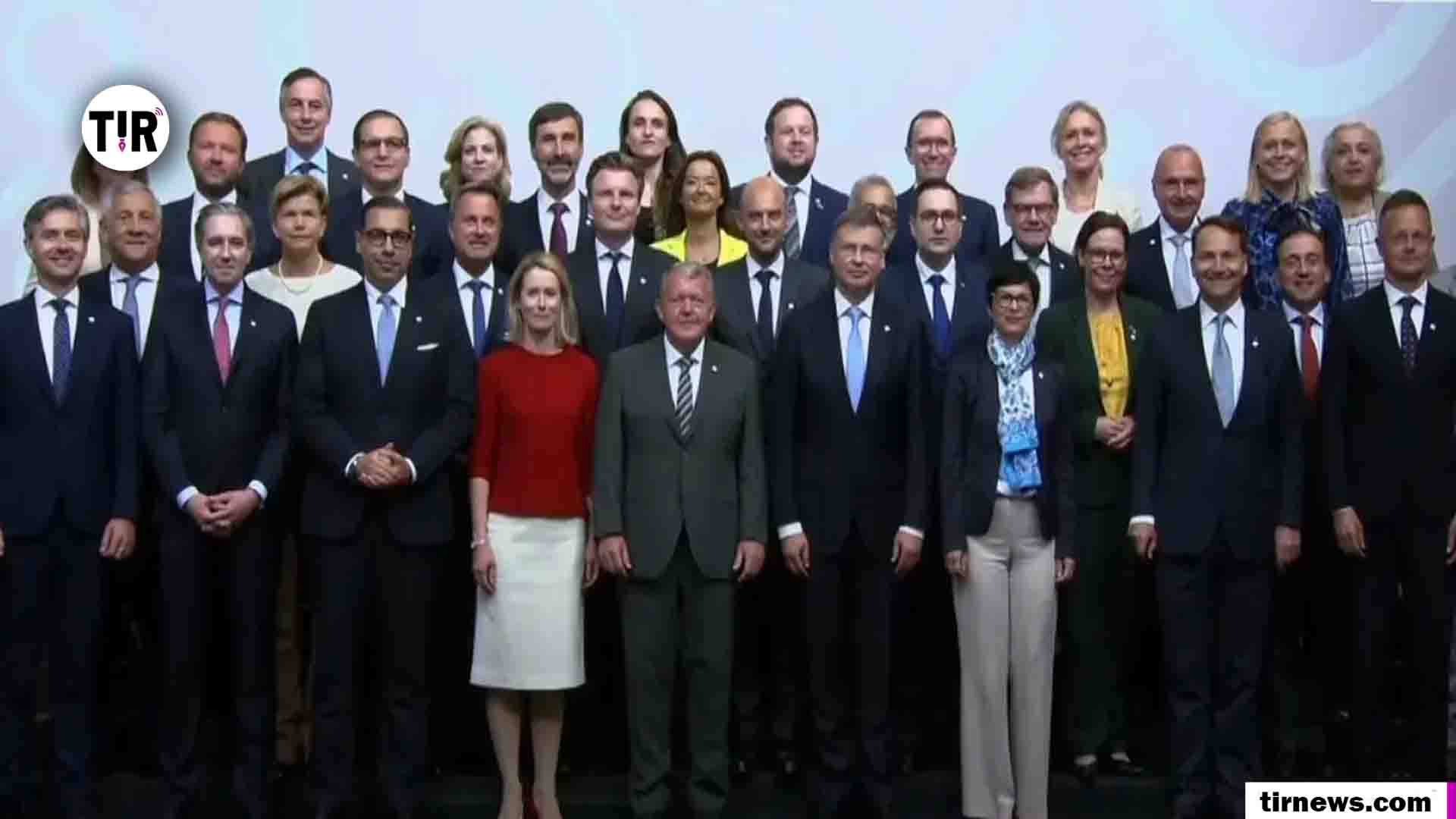The short URL of the present article is: https://tirnews.com/8ud7
At a recent EU foreign ministers’ meeting in Copenhagen, policymakers unanimously called on the United States to reconsider its decision to revoke visas for members of the Palestine Liberation Organization (PLO) and the Palestinian Authority (PA), including President Mahmoud Abbas, ahead of the upcoming UN General Assembly (UNGA) (The Siasat Daily, Xinhua News).
The U.S. State Department cited national security interests as the reason for denying and revoking the visas to around 80 Palestinian officials ahead of the UN meetings (Xinhua News, TIME).
Broader International Response & Concerns
- UN Obligations at Stake
The EU’s foreign policy chief, Kaja Kallas, reminded that under the UN Headquarters Agreement, as the host nation, the U.S. must grant access to representatives of UN observer entities like Palestine. She called for the decision to be re-evaluated on legal grounds (Al Jazeera, The Siasat Daily). - Framing the Visit as Sacred Diplomacy
French Foreign Minister Jean-Noël Barrot emphasized:
“The UN headquarters is a sanctuary in the service of peace. It should not be subject to any access restrictions.”
His message reinforced the importance of neutrality at UN forums (Al Jazeera). - Regional Diplomacy Undermined
Jordan’s Foreign Ministry, via an Arab–Islamic ministerial committee, echoed objections, stating the visa ban “contradicts obligations under the UN Headquarters Agreement” and argued that it damages Palestinian participation in international diplomacy (The Siasat Daily). - Rising Divisions Over Israel
The Copenhagen meeting also spotlighted disagreements among EU member states over imposing further sanctions on Israel amid the worsening humanitarian crisis in Gaza (The Siasat Daily, Xinhua News).
Why It Matters
| Theme | Significance |
|---|---|
| Diplomatic Access | Restricting visas could limit UN dialogue and undermine global diplomacy. |
| Legal Norms | The decision tests host-state obligations under international law. |
| Political Implications | Could strain U.S.–EU relations during volatile regional tensions. |
| Peace Process Risk | Limiting Palestinian participation may hinder efforts toward the two-state solution. |



